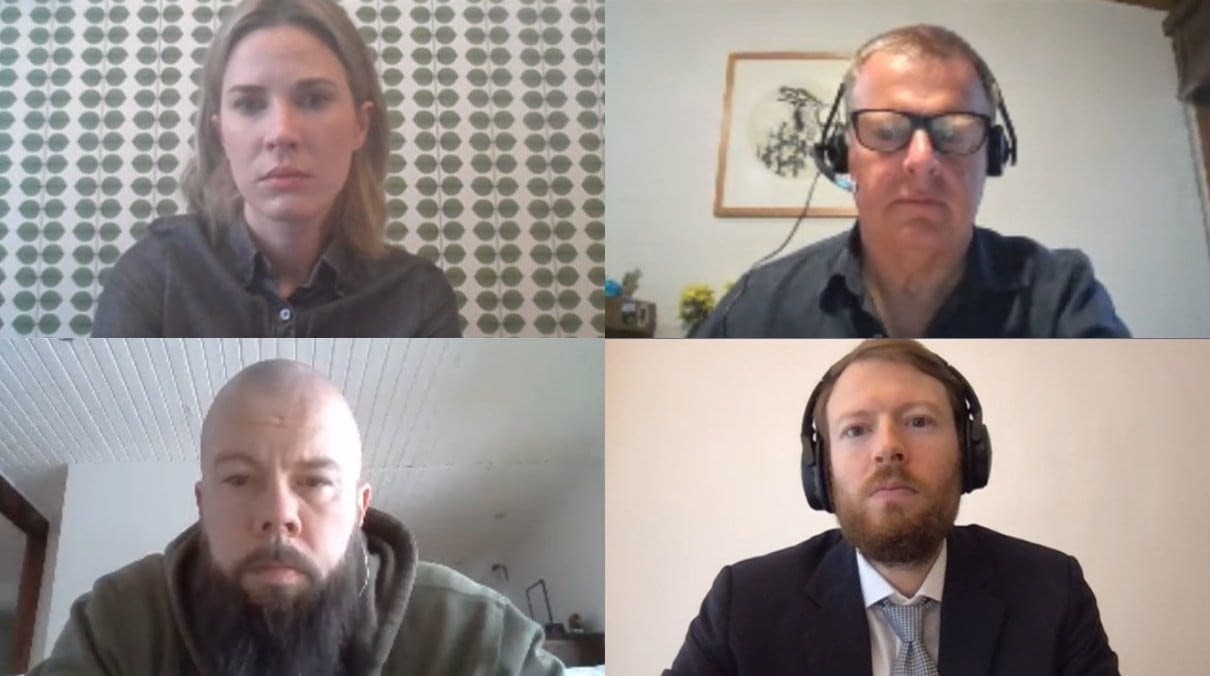
In March 2021, the IIJ convened its Third Online Expert Meeting on Countering Racially or Ethnically Motivated Violent Extremism (REMVE) under the IIJ REMVE Initiative, which is being implemented with support from the Governments of the United States and the United Kingdom. (REMVE is also referred to as Violent Right-Wing Extremism or RWT by the United Kingdom and other European governments.) The main objective of the IIJ REMVE Initiative is to examine how criminal justice actors can most effectively tackle the REMVE phenomenon, drawing from the extensive national experiences of governments in confronting these types of threats, both currently and historically.

This Third Online Expert Meeting brought together 36 practitioners and subject-matter experts, among them prosecutors, police officers and investigators, and policymakers, from 16 countries, including Australia, Belgium, Estonia, France, Germany, Greece, Italy, Lithuania, Malta, the Netherlands, Portugal, Serbia, Spain, Sweden, the United Kingdom, and the United States. They were joined by representatives of the Council of Europe (COE), Eurojust, Europol, the European Commission (EC), the Global Counterterrorism Forum (GCTF) Administrative Unit, the European Union’s Radicalisation Awareness Network (RAN), the University of Oslo Center for Research on Extremism (C-REX), the United Nations Office on Drugs and Crime (UNODC), and the United Nations Office of Counter-Terrorism (UNOCT).

Over the course of two sessions, practitioners and experts reviewed in detail a draft version of the forthcoming IIJ Criminal Justice Practitioner’s Guide for Addressing REMVE (hereinafter the IIJ REMVE Practitioner’s Guide), which the IIJ is developing through this initiative. Participants discussed the historical context and current outlook for REMVE, as well as the tools that practitioners and policymakers have at their disposal to address such threats effectively and in compliance with the rule of law. They provided invaluable insights, based on their own first-hand professional experience, which will shape the final version of the IIJ REMVE Practitioner’s Guide and the good practices it will contain.
The IIJ will continue to advance the REMVE Initiative by finalising the IIJ REMVE Practitioner’s Guide for publication in 2021, and by using this document as the basis for capacity-building workshops for criminal justice practitioners, which are scheduled to begin later in the year.
For more information on the IIJ REMVE Initiative, please contact Programme Manager Winthrop Wells.
